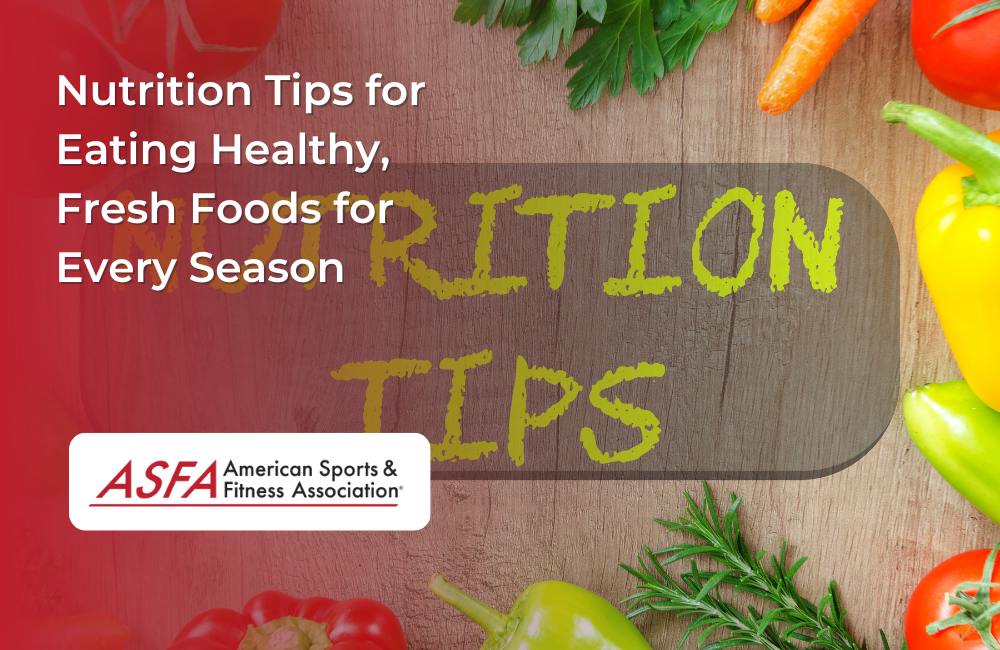The food we eat has a significant impact on our health and well-being. Diets that include healthy foods and plenty of water can help prevent disease, keep you regular and give you energy. The key is making smart choices while eating fresh, whole foods every day—and that's where the following tips come in handy!
Eat a rainbow of fruits and vegetables.
A rainbow of fruits and vegetables is a good way to get a variety of vitamins, minerals, fiber, and antioxidants into your diet.
- Fruits are an excellent source of vitamins A and C and many other nutrients.
- Vegetables provide most of the same benefits as fruits but contain more fiber than their fruit counterparts.
Choose whole grains over refined grains.
Whole grains are better for you than refined grains. Refined grains have had the fiber and bran removed, which means they're higher in calories and easier to digest. This makes them more likely to cause weight gain and can also lead to digestive issues like diarrhea and constipation.
Whole grains contain more nutrients than refined ones, such as magnesium (which helps regulate blood sugar), selenium (which helps prevent cancer), and vitamin E (which protects cells from damage). Plus, whole grains are rich in B vitamins that help boost energy levels--so if you're looking for a healthy burst of energy before hitting the gym or going for a run outside with your pup, grab some oatmeal instead of reaching for an energy drink!
Don't forget fiber-rich foods.
Don't forget fiber-rich foods.
Fiber is a type of carbohydrate that comes from plant foods and helps keep you full. It can also help with weight loss, heart health, digestive health, and even diabetes prevention.
Add nuts, seeds, beans, and legumes to your diet regularly.
- Nuts and seeds are a good source of protein.
- Beans and legumes are a good source of fiber.
- Nuts, seeds, and beans are good sources of vitamins, minerals, and antioxidants that help fight off disease-causing free radicals in the body. They can also be used as a substitute for meat in many dishes (such as chili).
Limit saturated fats and trans fats found in meat and dairy products, baked goods, fried foods, and snack foods.
Saturated fats and trans fats are found in animal products such as meat, poultry, and dairy products. Saturated fats can also be found in some plant foods like coconut oil, palm kernel oil, and cocoa butter (found in chocolate). Trans fats are mostly created by adding hydrogen to liquid vegetable oils to make them solid at room temperature (like margarine).
Trans fats increase your risk of heart disease when they replace healthier polyunsaturated or monounsaturated fats in your diet. For example, if you eat a serving of French fries instead of baked potato with low-fat sour cream for lunch, you're consuming about 12 grams of saturated fat per serving - more than half the daily recommendation for most adults! The best way to limit your intake of these unhealthy fats is by cutting back on meat and dairy products while increasing whole grains such as brown rice or whole wheat breads into your meal plan.
Avoid food additives.
Food additives are chemicals that are added to food to preserve it, add color, and enhance the taste. Some of these substances have been linked to cancer or other health problems. Avoiding them isn't always easy because they're used in so many foods--and sometimes their presence is hidden under different names on the label (such as "natural flavor").
Stay hydrated by drinking plenty of water throughout the day.
- Drink at least eight 8-ounce glasses of water a day.
- If you're thirsty, it's already too late! Your body will tell you when it needs more water; listen to it!
- Keep an eye on how much caffeine and alcohol you consume. Caffeine is a diuretic (makes you pee), so consuming a lot of coffee or tea can make it harder for your body to get enough fluids throughout the day. Alcohol also causes dehydration because it inhibits vasopressin production in the kidneys (the hormone responsible for reabsorbing water back into the bloodstream).
Healthy eating is about making choices that keep you well-nourished for life.
- Eat a variety of foods, including fruits and vegetables.
- Eat the colors of the rainbow daily.
- Choose whole grains over refined grains or processed foods.
- Eat nuts, seeds, and beans regularly (beans are a great source of protein).
- Limit saturated fats and trans fats found in animal products such as meat or dairy products by eating smaller portions (or no animal products at all). This will help lower your risk for cardiovascular disease and other chronic conditions like high blood pressure or diabetes mellitus type 2 (DM2).
Conclusion
When we eat well and stay hydrated, we feel better. We can also enjoy the benefits of a healthy diet - it's as simple as making a few changes and sticking with them!





